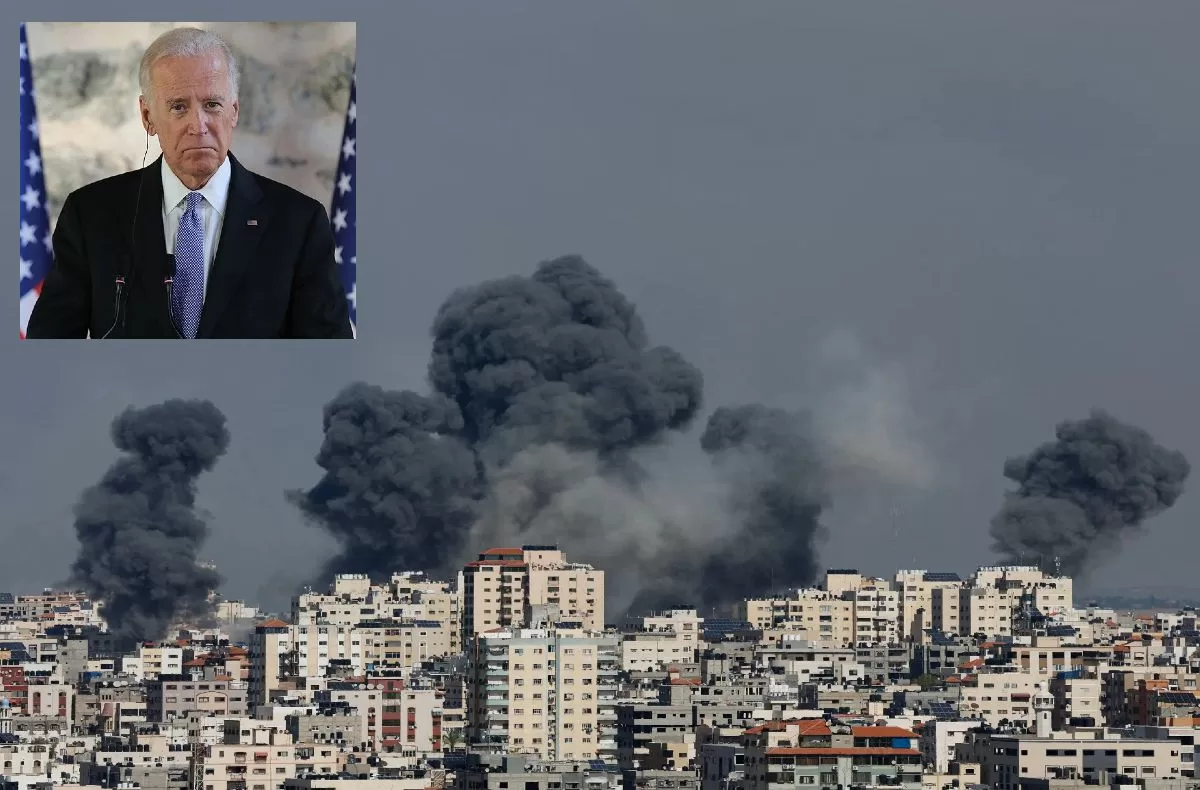Chinese President Xi Jinping has launched a new campaign to tighten discipline within the Communist Party. A week after the foreign minister was relieved of his post after a month away from the spotlight, and hours before Armed Forces Day was to be celebrated, Xi appointed a new leadership of the unit in charge of controlling the nuclear arsenal. of the Asian power. Some analysts speak of the “biggest military purge in a decade”, since the replacements have occurred after the Hong Kong daily South China Morning Post announced that the anti-corruption department of the Central Military Commission (CMC) was investigating the commander of the Missile Force, Li Yuchao, and his deputies, who have been missing from the public scene for months. The regime claims to want to eradicate any hint of corruption in the army.
On Monday, the state news agency Xinhua reported that Wang Houbin will replace Li as head of the Missile Force and that Xu Xisheng will be the new political commissar of that unit of the People’s Liberation Army (PLA). Neither has previous experience in the force responsible for the country’s nuclear and conventional ballistic missiles: Wang was a deputy commander of the Navy since 2020 and Xu, an Air Force serviceman. Some analysts say that the change could be destined to break some web of favors that had been forged with the previous leaders.
It is not often that Xi Jinping, also CMC chairman, replaces the commander of a fighting force and its political boss simultaneously. To find the most recent case, one would have to go back to 2014, when a similar change was made in the People’s Armed Police, after the arrest of Zhou Yongkang, Minister of Public Security between 2002 and 2007. Zhou, sentenced to life imprisonment, is the highest-ranking official purged during the anti-corruption campaign launched by the Chinese president upon his coming to power in 2012. The crusade under which more than five million officials of all levels have been tried has not only served to cleanse the Party’s reputation, but also to eliminate political rivals.
For the moment, Beijing has not communicated that an investigation is being carried out on Li Yuchao or on his deputy commanders Liu Guangbin and Zhang Zhenzhon, but the source quoted by the South China Morning Post He assures that they have been missing after Wei Fenghe ended his position as Defense Minister in March. Experts warn that it could be the biggest purge of military leaders since a decade ago, when Xu Caihou and Guo Boxiong, former vice-chairmen of the CMC, were indicted for corruption.
He Financial Times It states that the consulting firm Cercius, specialized in monitoring the Chinese political elite, assures that the situation of a dozen current and former officials of the Missile Force is unclear. Two senior foreign diplomats quoted by this British newspaper consider that the decision is related to the “fairly detailed” knowledge of the Missile Force that foreign powers have. “This is a disclosure of official secrets,” revealed one of them.
This PLA unit was created in 2015 as part of a renewal of the Armed Forces and is a particularly important arm within it. When Xi Jinping secured a third term as party general secretary last October, he vowed that Beijing would build a “robust system of strategic deterrence,” which many analysts took as a reference to increasing its nuclear arsenal. After almost six decades of development, the Asian giant’s nuclear capacity has expanded considerably, with the modernization of its air, land and sea delivery systems.
Join EL PAÍS to follow all the news and read without limits.
subscribe
“The Missile Force is essential,” defense analyst Li Jie told the South China Morning Post. “It is responsible for ensuring the safety of all strategic nuclear missiles, as well as deploying all nuclear warheads at specific locations, following the instructions of the CMC,” Li said. He plays an especially important role in increasing military pressure on Taiwan, the democratically self-governing island that China considers an inalienable part of its territory. Beijing, although it defends “peaceful reunification”, does not rule out the use of force to achieve it.
The disappearance and dismissal of Li and his aides come amid a series of announcements about new anti-corruption measures and a renewed push to ensure absolute loyalty to the Party. Last Wednesday, Xi urged the military leaders to “focus on resolving the problems that persist and on reinforcing the Party’s absolute leadership over the military,” according to the state television network CCTV at the time. It is not clear if the president’s renewed interest in cracking down on corruption in the military stems from a case in point or from increased concerns about political loyalty. Just a week ago, the dismissal of Qin Gang, the foreign minister appointed at the end of December and considered a Xi protégé until his dismissal, was announced.
In early June, the Central Commission for Discipline Inspection, the Party’s powerful internal control body, announced that more than 39 high-ranking military and political cadres had been detained since the 20th Party Congress (held in October), but no has published the names, those who face judicial processes.
This Tuesday marks the 96th anniversary of the founding of the PLA, and state media have published a series of editorials calling for “strengthening military governance.” “The Chinese Armed Forces are called upon to continue modernizing and completing the entrusted tasks, at a time of growing instability and uncertainty for China’s security,” begins an article published in the nationalist newspaper Global Times.
Follow all the international information on Facebook and Twitteror in our weekly newsletter.
Subscribe to continue reading
Read without limits






